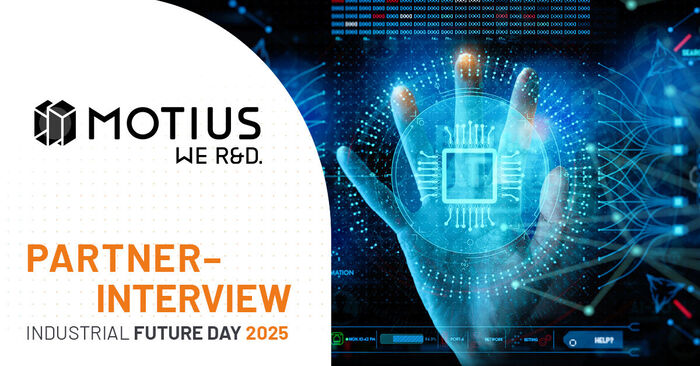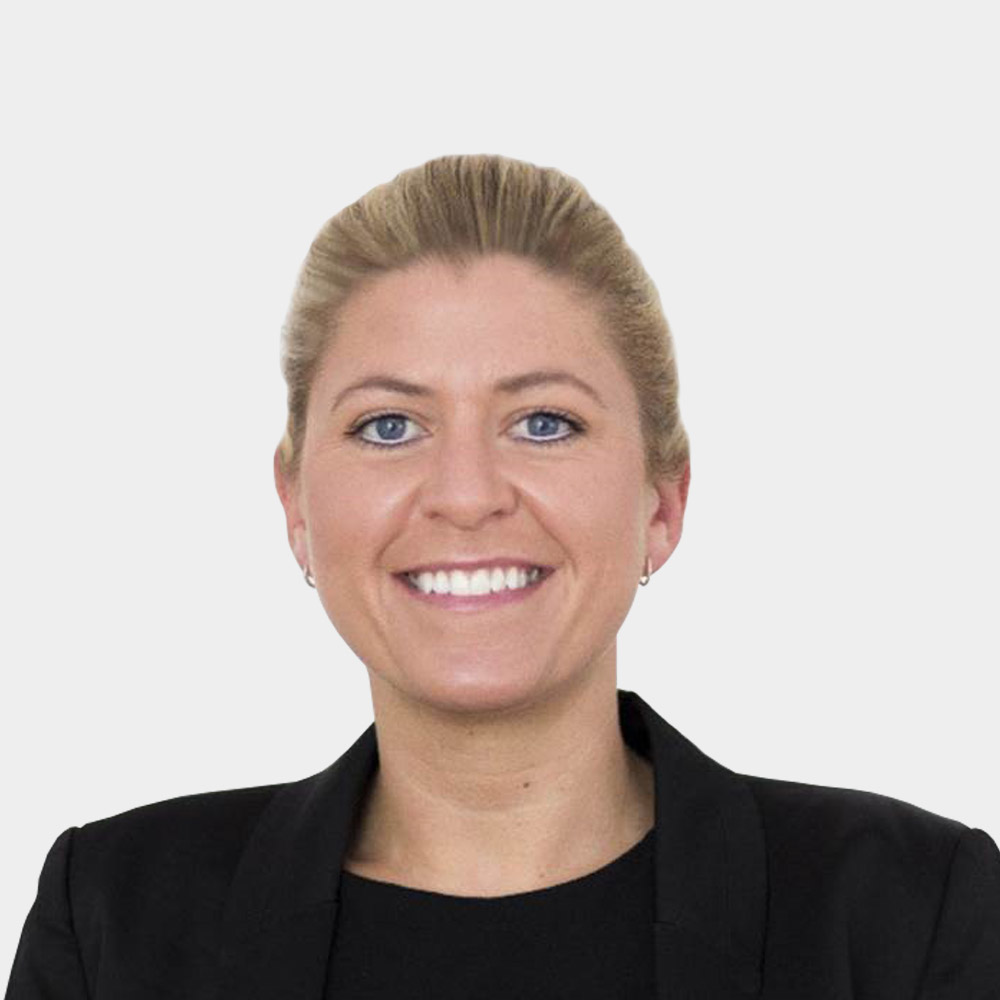TOPICS & NEWS
Articles and interviews on current trends, technology and industry challenges, information on our consulting services, seminars and events as well as company topics:
Here you can find out what drives EFESO.
Interview
Articles and interviews on current trends, technology and industry challenges, information on our consulting services, seminars and events as well as company topics:
Here you can find out what drives EFESO.
Interview
Experte: André Nowak | 02/25/2025 | Teilen auf in

Zièd Bahrouni: The scope of relevant technologies has expanded dramatically for companies. For example: in the past, an automotive manufacturer only needed to keep an eye on a few developments in vehicle technology. That has fundamentally changed. Today, almost any new technology can potentially be business-relevant. Moreover, the technological landscape is constantly evolving. It is no longer enough to create a one-time overview; companies must continuously stay ahead of developments.
This is where we come in: we help our clients integrate the most promising technologies at an early stage. Our core team consists of 100 permanent employees, complemented by a dynamic pool of over 900 experts, including researchers, PhD candidates, and developers, many with technical backgrounds. This allows us to provide the expertise and flexibility companies need to stay at the forefront of technological advancements.
Around two-thirds of DAX-listed companies and many medium-sized businesses are among our clients. Our work falls into two main categories: on the one hand, we help increase productivity, typically through automation, robotics, and AI. On the other hand, we support the development of products enabled by new technologies and help bring them to market maturity. Our value lies in developing and implementing solutions, from software and hardware integration to optimizing entire systems. This sets us apart from pure consulting firms and technology scouts.
ZB: In the highly precise production process of a client in the aerospace industry, each component needs to be identified up to 15 times to ensure traceability, quality control, and compliance with regulatory requirements. Until now, this was done manually using magnifying glasses and special lighting, a time-consuming, error-prone, and strenuous task for employees.
We developed an AI-powered smartphone app that reliably recognizes serial numbers even under challenging conditions. In addition, we designed a custom smartphone attachment module, implemented edge-based AI inference, and integrated third-party systems. To optimize the system, we simulated thousands of variations using synthetic training data, increasing accuracy to nearly 100%. As a result, our client was able to enhance product traceability, reduce employee workload, and significantly boost efficiency, saving over 300 workdays per year.
For our client Hilti, we supported the improvement of quality assurance. The key challenges were a complex manufacturing environment, where multiple interdependent indicators determine quality, and the detection of defects that are nearly invisible to the human eye. We developed an AI solution that monitors the process and quality while providing real-time information to workers on the production line. Additionally, the system helps quality management teams implement targeted corrective and preventive measures. This enabled Hilti to reduce defect rates and associated costs by 15%.

ZB: We are currently seeing a shift toward a more de-globalized and fragmented world, for example, through rising tariffs in the U.S. For export-oriented companies, this means they increasingly need to manufacture within their target markets. However, this challenge cannot simply be solved by replicating existing factory structures. The key issue is the availability of skilled labor, such as trained production technicians and experienced middle management. To ensure quality and productivity under these changing conditions, companies need technological efficiency and automated processes.
We observe a similar trend in the heavy machinery sector, such as cranes, excavators, and mining equipment. The average age of machine operators is over 50, and the shortage of skilled workers continues to worsen. Here, too, autonomous or remotely operated machines are the only sustainable solution.
ZB: We believe that the industrial sector, and especially smaller technology companies, are and will continue to be the growth engine in the DACH region. That’s why, alongside Motius, we have launched a venture capital fund designed to bridge the gap between mid-sized companies' R&D activities and the startup ecosystem. From this perspective, we will present case studies of R&D projects in both large corporations and medium-sized enterprises, highlighting their tangible value. Additionally, we will showcase success stories of industrial startups and spin-offs.
Learn from Zièd Bahrouni at the INDUSTRIAL FUTURE DAY 2025 how companies identify future-relevant technologies and integrate them early into R&D.
(EVENT IN GERMAN LANGUAGE)
Digitalization, Industrie 4.0 & IIOT >
Using Digitalization to drive performance >
|
|
Thank you for Signing Up |


This website uses cookies. Those have two functions: On the one hand they are providing basic functionality for this website. On the other hand they allow us to improve our content for you by saving and analyzing anonymized user data. You can redraw your consent to using these cookies at any time. Find more information regarding cookies on our Data Protection Declaration and regarding us on the Imprint.
Click here for Cookie Settings.

